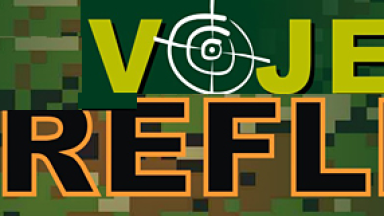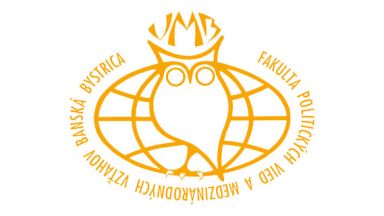Radikalizácia jazyka v politických prejavoch a jej postavenie v mediálnej komunikácii
RADICALIZATION OF LANGUAGE IN POLITICAL SPEECH AND ITS POSITION IN MEDIA COMMUNICATION COMMUNICATION
Zdenka Kumorová
***
Politické vedy, Volume 25, Number 2/2022, pages 54-81
DOI: https://doi.org/10.24040/politickevedy.2022.25.2.54-81
Recommended form for quotation of the article / Odporúčaná forma citácie článku:
KUMOROVÁ, Z. 2022. A Radicalization of Language in Political Speech and its Position in Media Communication. In Politické Vedy. Vol. 25,no. 2, pp. 54-81. ISSN 1335–2741. Available at: https://doi.org/10.24040/politickevedy.2022.25.2.54-81
ABSTRACT
The characteristic language of right-wing populism is clearly identifiable on multiple levels of the Slovak language system. The party’s slogans have been oriented towards people, a common man, and that might be the reason why potential voters overlook the party’s extremist ideology. Persuasive effect of journalistic texts is emphasized by the targeted application of emotional and expressive statements. Methodologically, the language analysis was performed by sorting out the lexicon according to the conceptual-cognitive component of the lexeme’s meaning and the pragmatic component of words. By focusing on the right-wing populists’ lexis, we can clearly distinguish its striking expressive stylistic qualificator; in this case, we can talk about an apparent, explicit expressivity. These words are expressive based on the parameter of style or from the emotional-expressive point of view. While analysing the texts, we have derived from statements about functional expressivity in a text, which is either inherent -the expressive component is an inseparable part of a word’s meaning and its permanent sign -or adherent -the sign of expressivity is contained only in a certain meaning of a multi-meaning word. The strength of the language of propaganda is obvious on the lexical level where, in addition to the factual component of meaning, we can also identify the pragmatic component which contains certain emotional or evaluating attitudes. The expressive element of particular texts was analysed from a linguistic-stylistic point of view, the analysis was supported by graphic representation. In regards to the intentional choice of lexical means used in the texts, we have detected inherent expressivity, which mediated the text´s evocativeness in a direct way. Sometimes, the texts contained adherent expressivity stemming from transferring or widening the meaning based on similarity or logical connection, which is not immediately apparent and is usually encrypted in the text or supported by the visual aspect. These means of expressivity, unlike the automated inherent expressive phrases, neither demonstrate the emotional charge directly nor lead to extreme emotions. This type of communication spreads hatred and xenophobia in society, which is then misused by right-wing parties for their own interests, for example by talking about their attempts to stop the spread of migration or minority catastrophe in Slovakia.
Key words: right-wing populist, language strategy, expressive means, aggressiveness, political discourse
Súbory na stiahnutie
| Názov | Veľkosť | Formát | Dátum | Zoradiť podľa: |
|---|---|---|---|---|
| Radikalizácia jazyka v politických prejavoch a jej postavenie v mediálnej komunikácii | Veľkosť: 1.2 MB | Formát: pdf | Dátum: 7.1.2024 |





